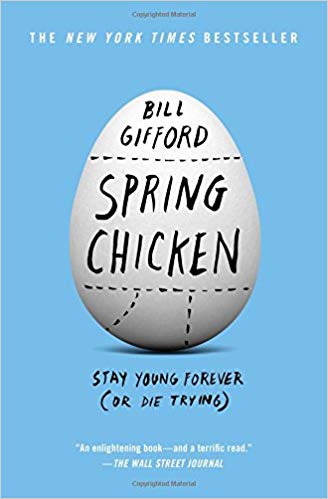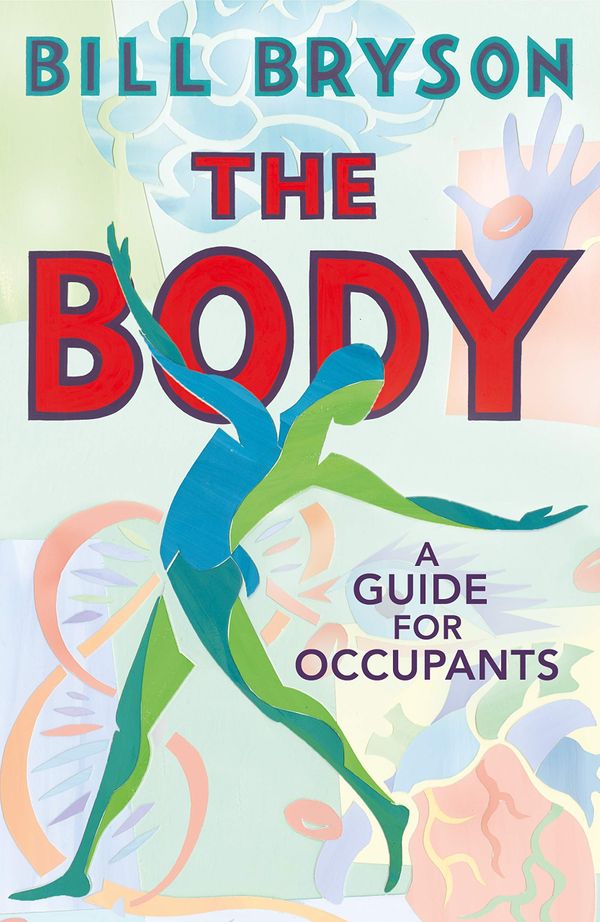By Bill Gifford (2015)
Pages: 384, Final verdict: Should-read
The question of why we grow old and how to stop it has intrigued us for long. As early as 1889, Professor Brown-Séquard - known as the father of endocrinology - stood in front of the Societé of Biologie to present his bold experience. He had injected himself with an extract of dog testicles in an attempt to increase his youthfulness vigour. The reception was not enthusiastic. Still, shortly after that presentation, a craze of "Séquard's Elixirs Of Life" flooded the market. The elixir did not really work. But it did not matter. The spark in the fight against old age was lit.
Spring Chicken is about the latest on ageing. The research, the scams, just how right are the advice you got from your grandparents really was or the reality behind what your matcha-loving-spirulina-taker friend has been telling you. Bill Gifford, a veteran journalist of Wired, Businessweek and other publications, in a witty and often self-deprecating tone, guides us through a journey through the science and the hoax of ageing.
The science behind old age
It must have been tiring doing the research for the book. In an insatiately appetite to bring the readers the myths, facts, and theorems that make up this topic, Bill did a lot. Trips to the congress of the American Anti-Ageing Medicine in Orlando to hear the latest of supplements and growth hormones endorsed by celebrities. The National Senior Games in Cleveland, where 60-80 year olds compete in Olympic sports, with scores that would make us envious. Series of interviews with leading researchers and physicians. A 3 day series of thorough diagnostics tests and health checks he dubbed as the Blast. Trying out cold showers in the morning.
Through this journey, Bill uncovers very surprising facts, from research done in the lab to examples encountered in the wild. Clams that lived to be 500 years old. Naked mole rats that defy the Bergmann's rule. Parabiosis experiments where young and old mice are stitched together in an attempt to study the effects that a young circulatory system has on the ageing of an older mouse. Why the little people a remote village of Ecuador do not get cancer.
Besides these experiments and anecdotes, there's also a lot of hard science about what happens to our cells as they age, the effect of fat cells in our metabolism, how hereditary longevity really is (answer: only about 20%) and the science behind caloric restriction and fasting. This is really where the book comes to life. With no particular obvious order of how the chapters are organised, Spring Chicken is a match between the conventional wisdom from our ancestors with the science, clinical studies and current hypothesis that lead our current understanding of ageing.
Bottom line
Spring Chicken is both entertaining and insightful. It does a great job of both explaining the biological aspects of ageing in layman's terms and recounted what the rest of us non-scientists are doing to bio-hack our way into eternity.
The corollary of the book is simple and prescriptive. "Use it or lose it". A healthy diet, physical exercise, and mental agility. With that, and bit of luck from your genes, might put you in the race for a gold medal when your turn comes at the Senior Games.



